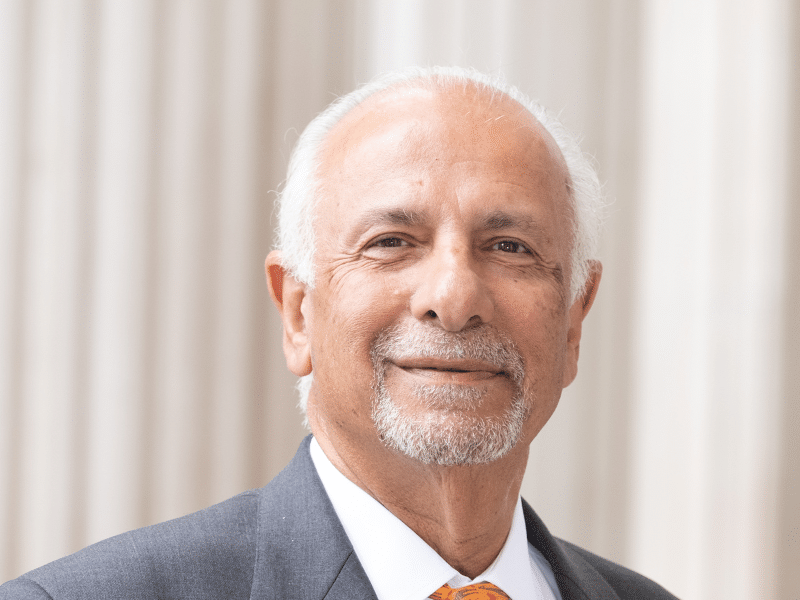 BBC News
BBC NewsBorrowing was £17.4bn last month, the second highest October figure since monthly records began in 1993.

Dinesh Dhamija
On his recent visit to Hiroshima in Japan, Indian Prime Minister Narendra Modi unveiled a
statue of Mahatma Gandhi in the city where 140,000 people died in 1945 to the first atomic
bomb dropped in anger.
“This bust in Hiroshima gives a very important message,” said Modi. “The Gandhian ideals of
peace and harmony reverberate globally and give strength to millions.”
The event was a potent symbol of India’s new soft power diplomacy, as the country takes its
place among the world’s leading nations: fifth in GDP, first in population, top in expected
economic growth. It follows an incremental pattern of cultural influences spreading from a
newly confident and purposeful India, backed up by its astonishingly successful diaspora.
(YouTube just appointed Indian-born Neal Mohan CEO, to add to the dozens of other
multinationals and countries now led by Indians.)
Modi’s promotion of soft power began as soon as he was elected in May 2014. Just four
months later, he addressed the UN General Assembly and proposed an International Day of
Yoga on 21 June, to coincide with the longest day in the Northern hemisphere.
“Yoga embodies unity of mind and body; thought and action; restraint and fulfilment;
harmony between man and nature; a holistic approach to health and wellbeing,” Modi told
the assembled leaders. His resolution gathered unprecedented support, and was passed in
record time. UN Secretary General Ban Ki-moon said that it had brought attention to the
benefits of the ancient practice: “Yoga can contribute to development and peace and can
even help people…find relief from stress.”
The UN’s decision was a highly visible example of India’s use of soft power. Besides yoga, it
includes mindfulness, non-violence, cricket, Indian food, Bollywood, ayurvedic medicine, IT
services and the diaspora, all combining to “alter the behaviour of others to get what you
want, preferably through attraction rather than coercion or payment,” as American political
scientist Joseph Nye defined it in the 1990s.
Soft power’s relevance has grown in the 21st century as a counterpoint to the external
policies of global superpowers. China lends heavily to developing nations and then seeks to
control them through their indebtedness, while the United States’ and Russia’s military
interventions in Iraq and Afghanistan, Syria and Ukraine, have proved divisive, costly and
ineffective. India’s soft power stands in contrast to China’s “predatory and coercive”
approach, while the US has alienated Islamic populations and Russia is isolated and
ostracised.
Instead of coercion or invasion, India is enjoying organic demand for its goods, services and
culture: in yoga alone, the market for classes, tourism and clothing adds up to $106 billion
annually and is expected to grow at 9 per cent a year in the coming five years.
Today, a new set of India’s soft power consumables are influencing global tastes and
preferences in ways that even Gandhi could never have imagined.
Dinesh Dhamija founded, built and sold online travel agency ebookers, before serving
as a Member of the European Parliament. His latest book, The Indian Century, will be
published later this year.